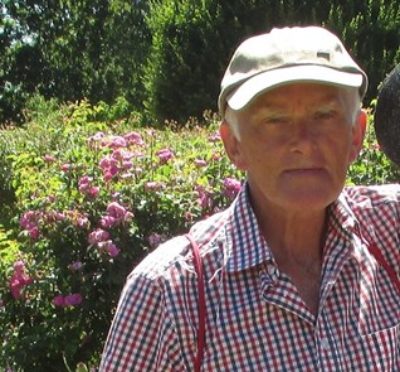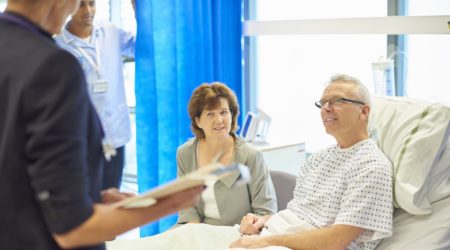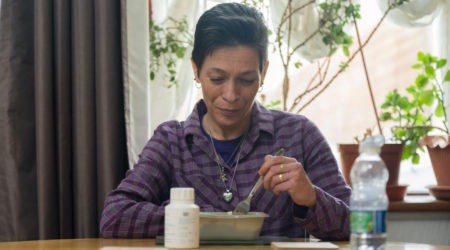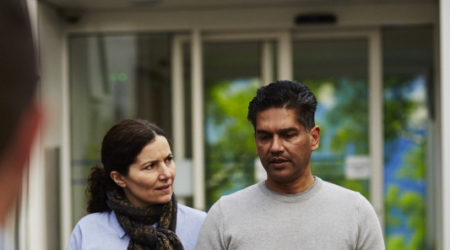Early Diagnosis
In December 2017, I became ill with stomach discomfort and mild pain; I had to contact NHS 111 out of hours and was referred immediately to a GP at my local hospital’s out of hour’s service. She could see I had symptoms of jaundice, including discoloured urine and yellow skin. My state of mind was both anxious and negative. This is not my normal demeanour.
Subsequently, I was referred the next day to the emergency medical unit at the local hospital, where I undertook a number of blood tests and was seen by a consultant. A CT scan was taken the same day and the view was I had some tissue damage to the bile duct following my gallbladder removal some 12 years earlier.
The consultant conceded it needed further investigation and referred me to the oncology consultant, with whom I had an appointment within 5 days. At this stage I was becoming worried what this might lead to. The jaundice had reached my whole body and I was low in energy and unhappy. I was also becoming mildly depressed (I think) and disinterested in most things, including food.
With a few days, the consultant in oncology, accompanied by a Macmillan nurse, broke the news to me that it was in fact a tumour on the bile duct – with classic symptoms of a blockage in the digestive system. This was on a Friday, and by the following Monday I had an appointment with a surgical specialist at a regional centre for cancer surgery in this area of the body.
This news came as a shock to me and my wife and left us feeling very unhappy, and indeed quite worried where this would lead. I have always been fit and healthy for 68 years, with no serious medical treatment in that time. I led an active lifestyle with a healthy diet and fitness regime.
Investigations & treatment
The consultant surgeon at the hospital was clearly very experienced in this area of the pancreas and bile duct, and wanted to see what standard investigations would reveal in terms of detail. Results of several investigations confirmed a growth in the area where my gallbladder had been removed 12 years before. A biopsy was taken and confirmed a dangerous tumour requiring urgent surgery.
The surgery recommended was the “Whipple’s” operation, which when explained to me was a great shock and indeed fear of what would become of me after such a reconfiguration of my digestive system. Subsequently, my mood became even lower and I was very anxious, indeed fearful.
Within 6 weeks I had the required surgery, which took about 6.5 hours and involved replacement blood. After 7 days following the surgery, including 2 days in a high dependency unit (HDU), I was discharged from hospital having lost about 1.25 stone since the operation. I was feeling quite weak and sensitive in the area of the surgery, but no pain as such. Within a week I was back in hospital with an infection in the wound, which I am told is quite common in these circumstances. I then had a drain attached into the wound for about a week.
I have to take enzymes with all my food due to having a reduced digestive system.
Chemotherapy
Subsequently to being discharged from the surgeon, I was referred to an oncologist who recommended a course of chemotherapy – tablets or infusion. I opted for tablets, though with some trepidation given the range and depth of possible side effects. After four to five months, the only side effects I had were blistered lips and blisters on the balls of the feet, plus dry hands/poor quality skin on my hands. Otherwise I carried on with my life as I became stronger.
I did however suffer with bladder retention – which means inability to use the toilet – and had two trips to A&E in the night. Though this issue was linked to my enlarged prostate which had been prevalent for a few years. Result was several episodes with a catheter which was the worst experience, and not really directly related to the surgery and changes in the digestive system.
Now – 10 months from the operation I have regained all the weight I have lost. I have attended exercise classes in the last four months each week to regain my former fitness and replace lost muscle, and I have been playing my usual sports for the last four months.




